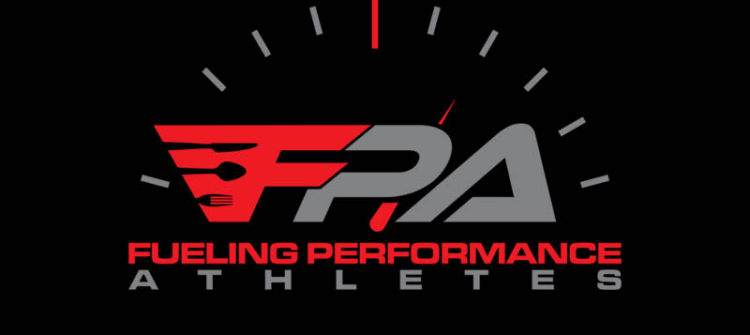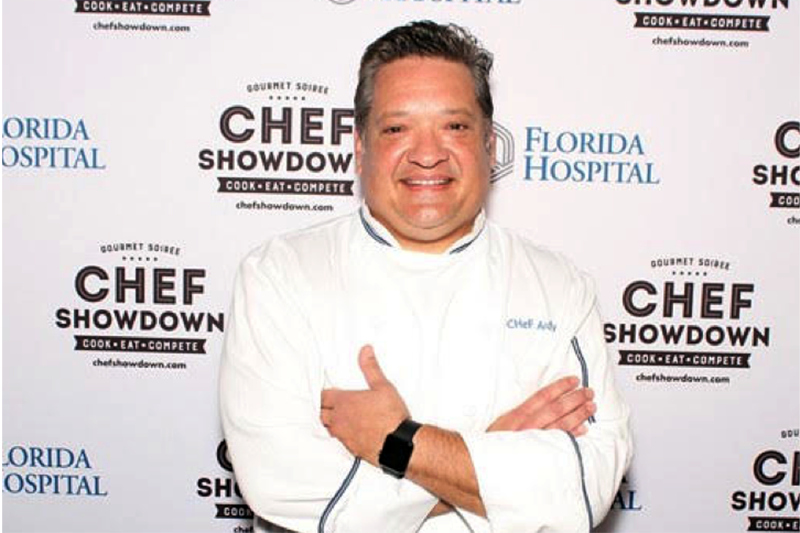What is a Performance Chef?
A Performance chef is focused on supporting athletes of all ages on how to correctly fuel and hydrate their bodies for their specific sport. I focus on designing the way athletes eat thru teaching and coaching athletes on how to appropriately fuel their bodies to maximize their performance on and off the field.
The foundation on how I approach athletes has been developed from over 20 years of nutritional cooking experiences.
Speed and movement are key to any athlete, no matter what sport they participate in.
Body composition is a significant factor in taking the first step in creating an accurate Food Fueling Program, in my opinion. I spend a lot of time just talking to my clients and really getting to know them, their backgrounds and how they approach their game or sport. Once I have built up my information, I then begin to look at other factors in how to approach their fueling program.
The following are the beginning steps I take for Fueling Performance Athletes:
1. Analyzing the athletes body composition.
2. Analyzing the sport, the athlete participates in.
3. Analyzing the athlete’s position on the field, court, playing field or water sport.
4. Compare the athlete to others at their position.
5. Understand that your client does not have to be fueled as other athletes in their sport. They could have the body type of another player in another sport and this should be expressed to them as to how the fueling formula will be structured for their success with proper monitoring.
6. Consult and work with their strength and conditioning team, dietician, or coaching staff so that everyone is understanding the game plan for proper fueling.
7. Make sure the client does not have any food allergens.
I have created a Food Formula Foundation. These foundations are the building blocks to FPA in creating a long-term approach to daily fueling.
1. Proficient grocery shopping, done in a timely manner.
2. Focus on nutrients vs. calories.
3. Focus on anti- inflammatory foods & anti- oxidant foods.
4. Proper portioning of proteins, fats and carbohydrates.
5. Routine, routine, routine, consuming foods and nutrients on a timely manner to promote recovery and longevity in the sport.
6. Building positive foods, one day at a time.
7. Eat well first, then make the adjustments.
8. Handpicked, Fresh, Fresh & Fresh.
9. Organic if possible.
10. Locally sourced as much as possible.
11. Eat all the vegetables and fruits that you want and when you want them.
12. Dairy- what goes in the animal, comes out of the animal.
13. All of this means either have food with no labels or read the food labels carefully.
14. Proper low-fat cooking techniques using quality cookware.
15. Sanitation, sanitation, sanitation.
16. Eliminate or limit sugars, sweets and desserts.
17. Hydration, hydration and hydration.
18. Plug in & Plug out: slowly take out the foods that are poor influences in the athlete’s regime and substitute them with items that are more nutritious and sustainable.
19. It’s a marathon, not a race. Balance out the week and not the day for long term success.
20. Be flexible with the athlete. Success is in the long run of staying healthy for a season, not just for a few weeks or months.
Remember, it takes time and energy to think of food as a fuel and a necessary component to ones work out regime. But done correctly and (the key word here) consistently, Success will follow.





